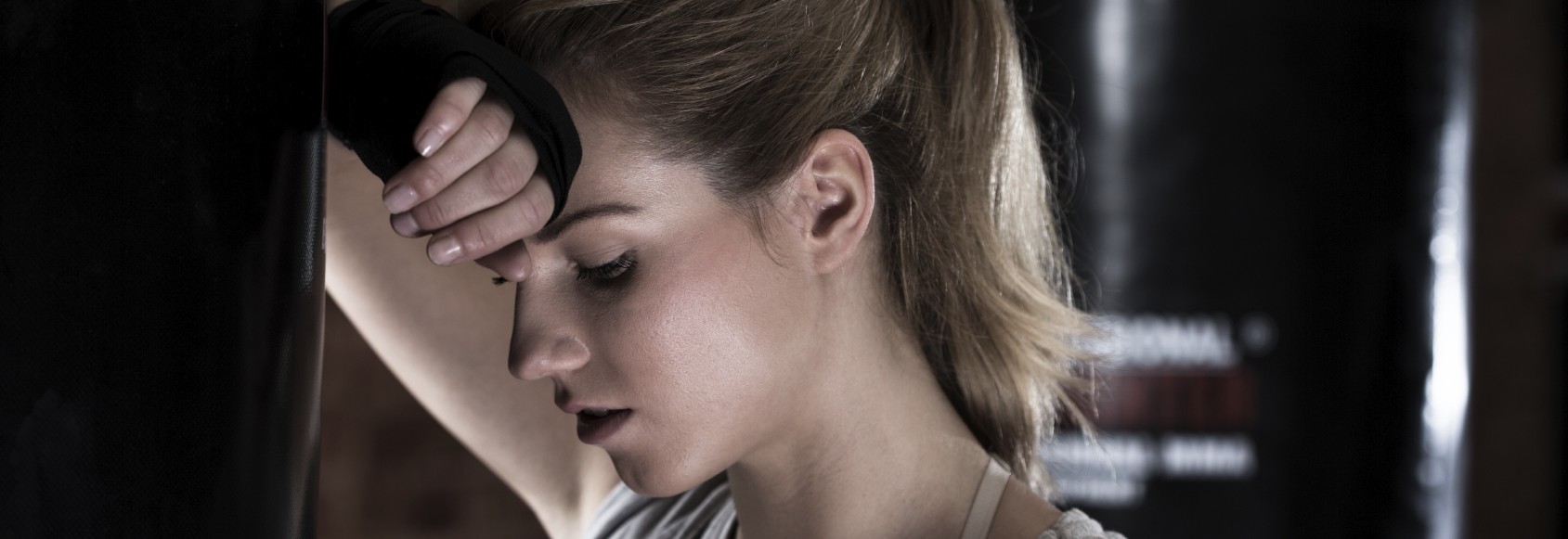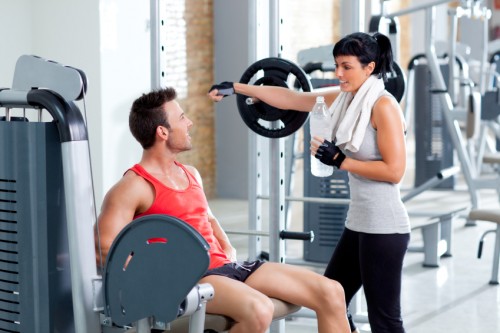
We all know about sports-related injuries. Sports news is full of reports of one athlete or another getting hurt during a practice, a pre-season game, a regular season game, or a playoff game. Those injuries are occupational hazards. Professional athletes have to put themselves at risk in order to perform at expected levels. Those risky situations are many and varied, depending on the sport.
What about us, though? We don’t have to operate at professional or Olympic levels to achieve healthy, fit bodies and minds. Most of the time, we can prevent injuries. We just need to keep four basic injury climates in mind and then make sure we don’t go there.
4 Scenarios To Help You Prevent Injuries
Not Knowing What to Do
When working out, ignorance is not bliss. What we don’t know can (and will) hurt us. Long gone are the days when we decided to get into running by throwing on any old pair of sneakers and getting out there. While taking action is admirable, it’s important to take the right kind of action. When it comes to exercise-related injuries, a little bit of prevention by way of learning the safest way to perform a movement beats all the treatment (which is not necessarily a cure) in the world.
 Not Paying Attention
Not Paying Attention
We have all heard the phrase, “Get your head into it.” Whether it’s a game, a specific procedure at work, or a precise order of steps in a recipe or a dance (or whatever), the phrase encourages us to concentrate on what we’re doing. So goes it with working out. We cannot exercise on autopilot, unless we want to risk hurting ourselves or someone else. Paying attention to what we’re doing, as well as to what’s going on around us minimizes, and most of the time, prevents, anyone getting hurt.
Sick or Ill
There are people out there who think of exercising as a way of addressing sickness. They talk about “sweating” a fever out of their systems by working out. Not a good idea. Too tired falls into this category, too. The biggest danger when we’re sick or tired is that we do not have the control over our bodies that we think we have. We physically cannot do what we think we can do, or what we can do when we’re not sick (or tired). The best thing we can do regarding exercise when we’re not feeling like ourselves is not to.
Showing Off
This happens when our egos override our good sense. Our focus shifts from what we are working to accomplish to what someone else thinks of what we’re doing. As soon as we stop paying attention to what we’re doing and doing it safely, we open the door to injury and potential disaster. Some injuries end up causing permanent damage, which is preventable for those of us who are exercising with fitness as our goal.
In Conclusion
We are not exercising and playing a particular sport at a professional level, i.e., it’s not how we make our living. We can put ourselves in both the physical and mental position of preventing injuries, and not having to worry about how to treat it.
